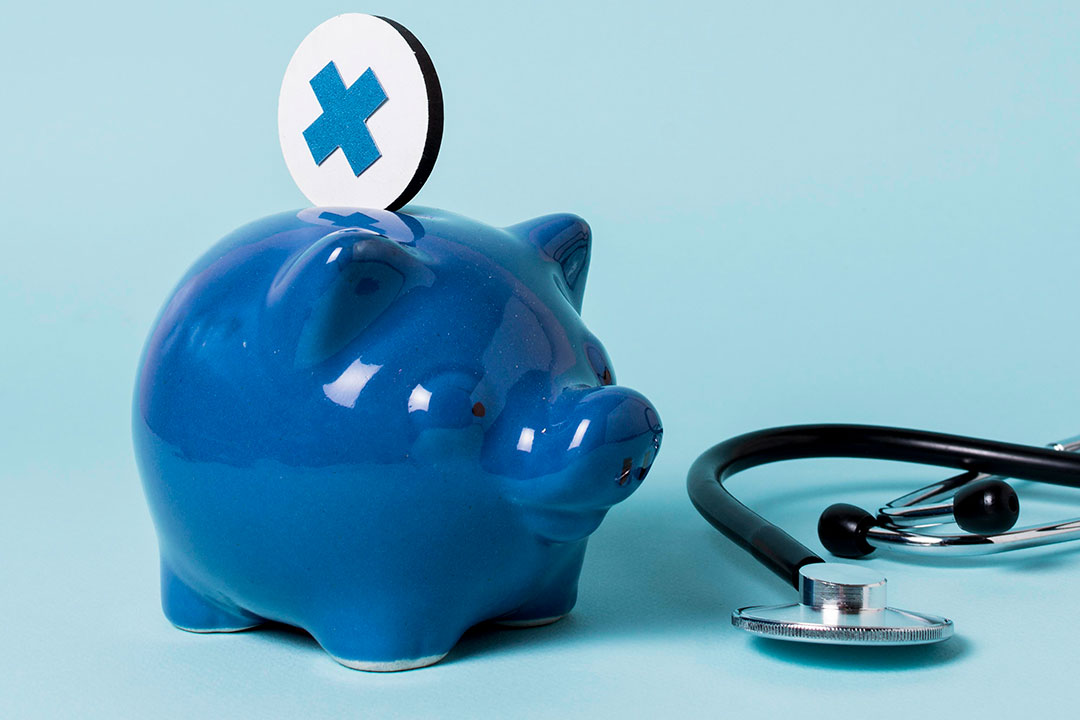 STOCK PHOTO | Image from Freepik
STOCK PHOTO | Image from FreepikThe Tres Marias of the Liberal Party — Rep. Krisel Lagman of the first district of Albay, Rep. Leila de Lima of the Mamamayang Liberal (ML) Party-list, and Rep. Kaka Bag-ao of the lone district of the Dinagat Islands — have filed House Bill (HB) 5003, a measure seeking to improve sweetened beverage (SB) taxation to reduce the consumption of harmful sweetened drinks and fund health and nutrition programs. The first and only SB tax increase was legislated in the TRAIN Act of 2017 and implemented in 2018.
The proposal to raise sweetened beverage taxes was met with negative comments from online users and even journalists including Ted Failon. Their dislike for taxes could be understood in the context of the current corruption scandal, wherein politicians and their colluders have stolen taxpayers’ money. As the massive misuse of public funds continues to be exposed, many Filipinos are expressing their strong opposition to raising taxes.
In a similar vein, Rep. Nathaniel Oducado of the 1TAHANAN Party-list has filed his own health tax bill, House Bill 3887, specifically raising excise taxes on alcoholic beverages, including beer, distilled spirits, and pre-mixed alcoholic beverages or alcopops. Similar bills were later filed by Rep. Amben Amante of Laguna and Rep. Perci Cendaña of Akbayan Party-list.
Tax reforms are predictably unpopular at the moment that corruption is so pervasive and massive. It is a difficult position to take for reformers. Hence, we commend the Tres Marias, Rep. Oducado, Rep. Amante, and Rep. Cendaña for their courage and judiciousness in championing bills that go against the tide.
Especially addressed to the critics, please take note that health taxes are meritorious even in trying political circumstances. Their central objective is not necessarily to raise revenue, but to discourage consumption of unhealthy products like sugar-sweetened beverages and alcoholic beverages.
The drop in consumption will still be accompanied by an increase in revenues. The increase in the tax (and hence the price) will result in a proportionally smaller decrease in the demand for these harmful products. But we also need to know that the bill’s intent is to earmark the revenues from the health taxes for universal healthcare and nutrition. The earmarking means that the funds are strictly and exclusively designated or allocated for Philippine Health Insurance Corp. (PhilHealth), universal healthcare, and nutrition. The earmarking provision makes it illegal for the funds sourced from health taxes to be diverted to other programs, including those that are conduits for corruption and political patronage. Thus, earmarking should serve as a guardrail against corruption.
Even the Marcos administration, which is guilty of diverting PhilHealth’s earmarked funds, realized the gross violation when the President himself announced the return of P60 billion worth of PhilHealth funds, which the government diverted to the National Treasury in 2024. Advocates are also counting on the Supreme Court to soon come out with a decision to declare the transfer of PhilHealth funds unconstitutional. The Supreme Court already previously issued a temporary restraining order that stopped the further transfer of the last tranche worth P29.9 billion of PhilHealth funds to the national government.
Moreover, the earmarking from sin taxes will directly benefit the poor. For example, the earmarking of SB and tobacco excise taxes for PhilHealth subsidizes the contributions of PhilHealth’s indirect contributors, or those who do not have the ability to pay the premiums. These contributions, in turn, are used to maintain and expand PhilHealth benefits for all members and their dependents.
In a word, health taxes benefit the whole population by discouraging consumption of unhealthy, harmful goods and having the tax revenues earmarked for health and nutrition.
Health tax measures are meant to secure a better future — the well-being and productivity of our people and the attainment of sustainable development.
Further, health taxes will contribute to macroeconomic stability and will avert a fiscal, if not economic crisis resulting from the corruption, waste, and bad governance of the current administration. By pursuing reforms, we do not wish people to suffer now and in the future, even as we continue the relentless fight against corruption.
Winning reforms now have immediate gains for the people even as the transformative impact will be felt in the not-so-distant future.
Raising taxes and ensuring sound use of public funds (and making sure that the corrupt are held accountable) should be done at the same time, especially when health is on the line. Public health should not take a backseat and should not suffer as a result of massive greed and corruption.
By no means will the health tax reforms prop up a corrupt and crumbling regime; rather, they serve the grand and longer-term objective of transforming society and achieving prosperity for all.
Filomeno S. Sta. Ana III coordinates the Action for Economic Reforms. Pia Rodrigo is strategic communications officer at Action for Economic Reforms.

 4 hours ago
5
4 hours ago
5


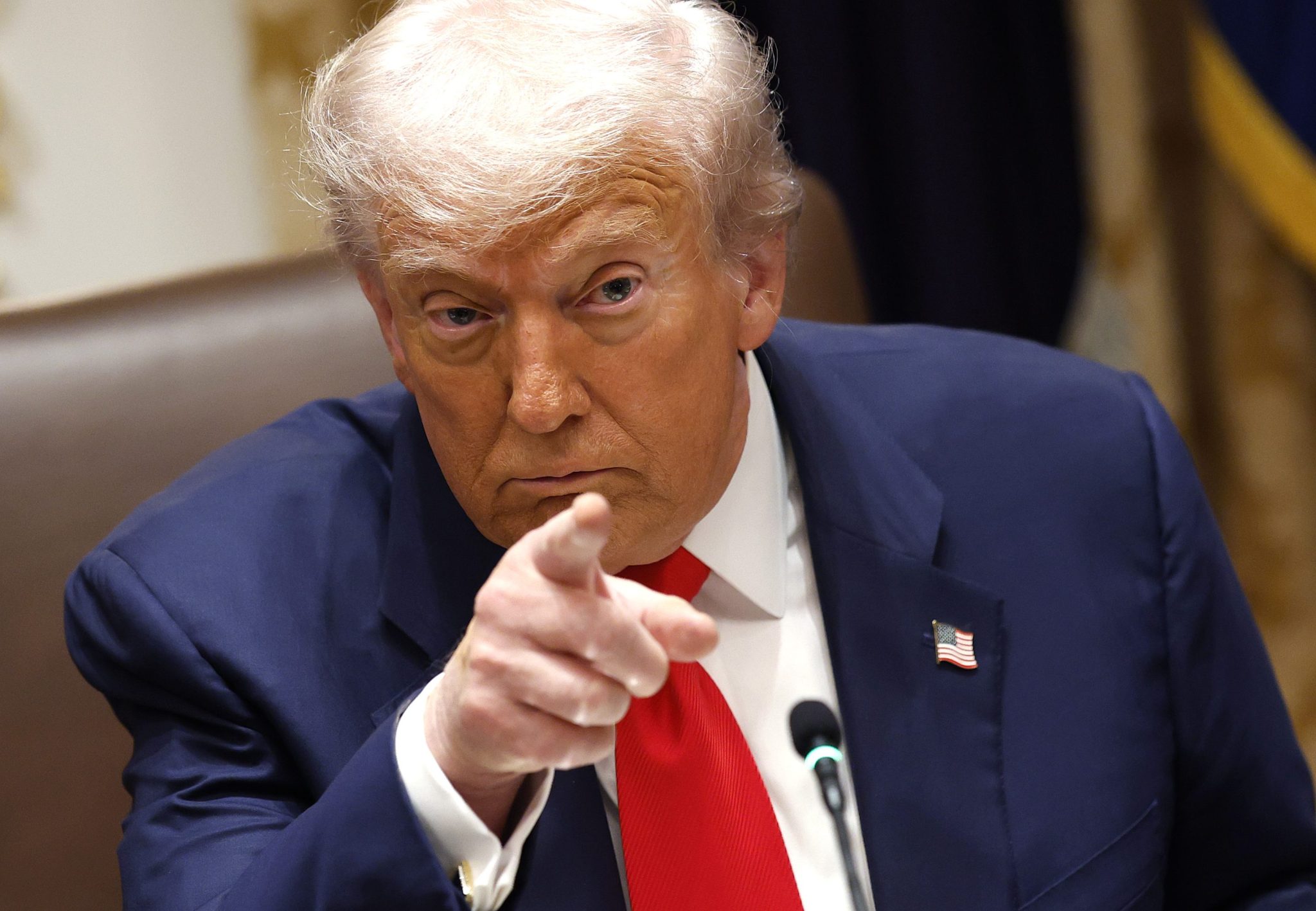
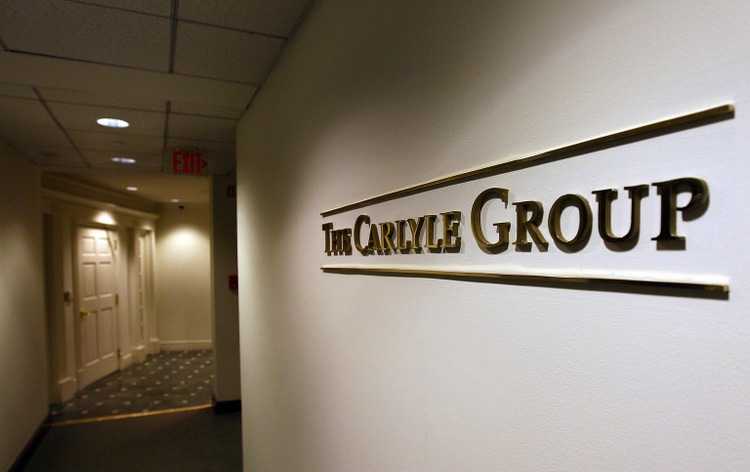



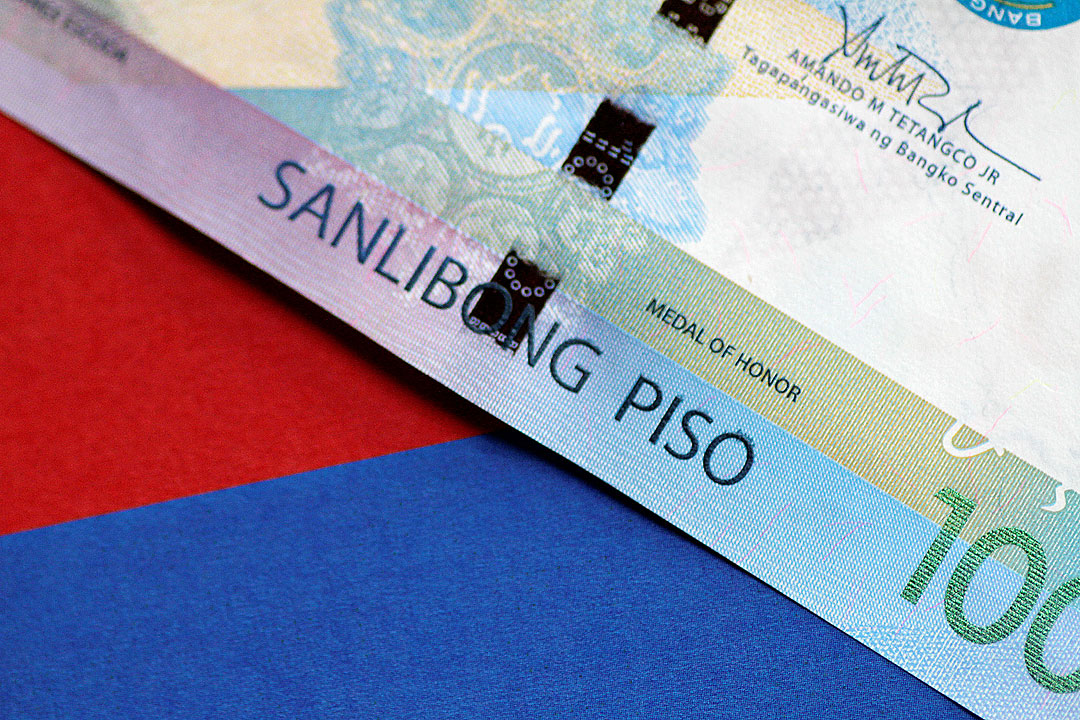
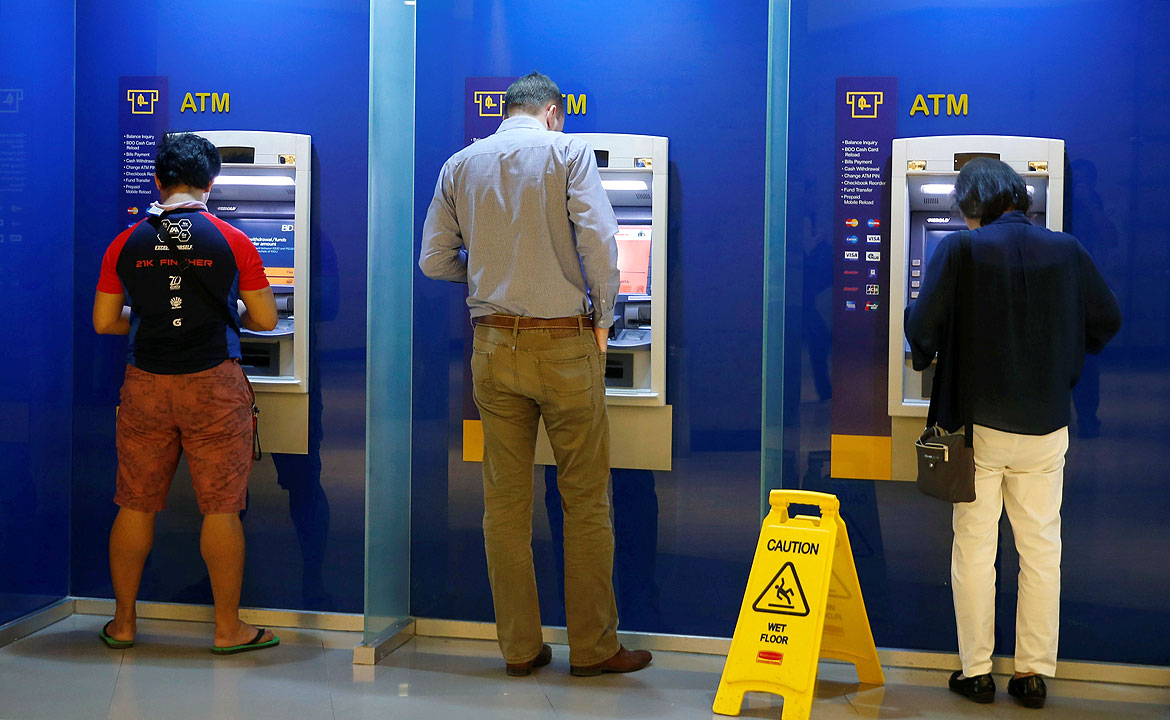
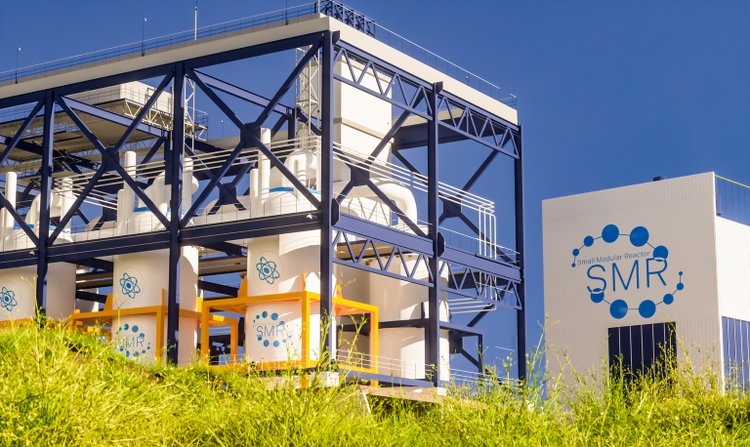

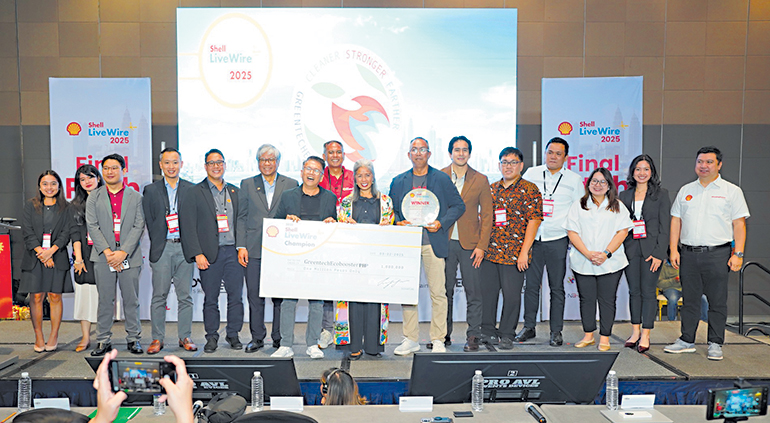








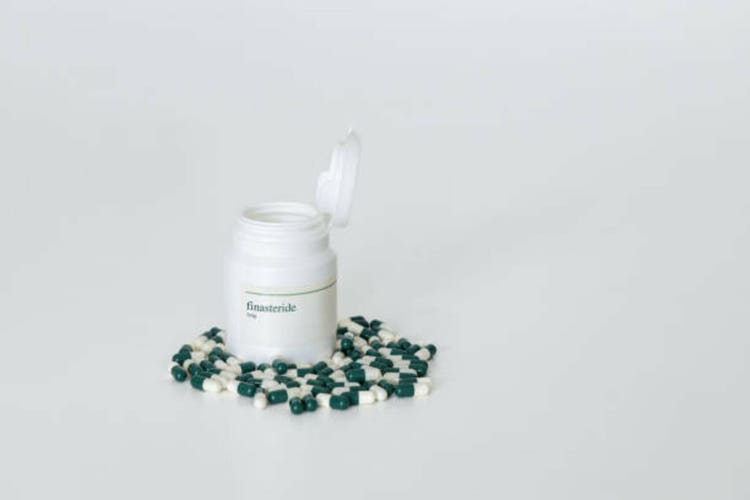
 English (US) ·
English (US) ·